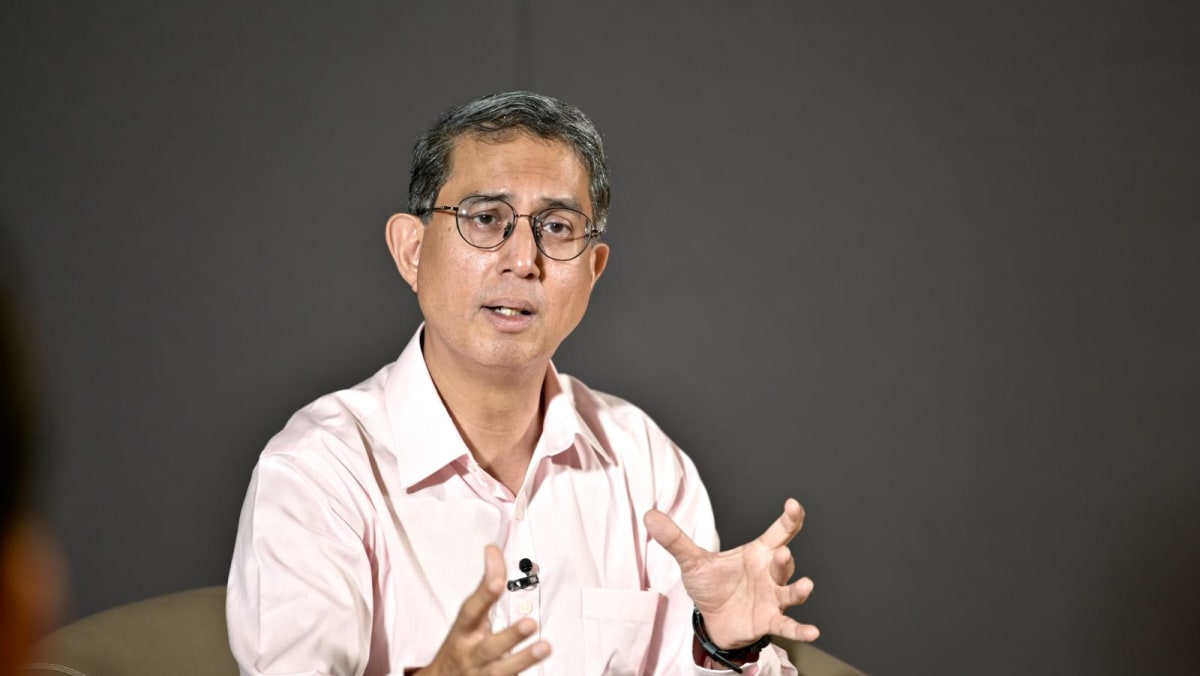SINGAPORE: Acting Minister-in-charge of Muslim Affairs Faishal Ibrahim has said he will continue raising the Muslim community’s concerns about the war in Gaza to the government.
In a media interview marking 100 days in his role on Wednesday (Aug 27), he said he has met many Singaporeans, including the Malay-Muslim community, who feel strongly about the conflict.
“I will continue to bring up the concerns and feelings of the community, and our bigger Singapore community, to the government,” he said. “Especially after taking over, I continue to be in direct contact with PM on some of these issues.”
He added that Prime Minister Lawrence Wong had encouraged him to continue engaging the community.
Associate Professor Faishal said he also wanted to ensure that Singaporeans understood the position the country had maintained over the decades.
“Now, taking the lead in this community, I want to make sure that I listen and I want to bring up (their views).”
In May, Mr Wong said Israel may be breaching international law by restricting humanitarian aid to Gaza – the strongest comments by Singapore’s leadership on the war to date.
“We have always said that Israel had a right to defend itself. Unfortunately, Israel’s response has gone too far and its actions have caused a terrible humanitarian disaster; and the restrictions imposed on the delivery of humanitarian supplies are completely unacceptable,” he said then.
“In our opinion, it may even be a likely breach of international humanitarian law. So it cannot be justified.”
That same month, Assoc Prof Faishal had also agreed with former Israeli prime minister Ehud Olmert’s view that Israel is committing war crimes in Gaza.
Asked how he reconciles the Muslim community’s concerns with Singapore’s broader stance, he said the government does not condone violence, death, or “something that has gone too far”.
“We want peace,” he said. “We want to make sure that the Palestinians also have lives of their own and have the opportunity to grow and develop themselves to their maximum potential.”
UNIFYING MALAY-MUSLIM ORGANISATIONS
Beyond foreign policy, Assoc Prof Faishal also spoke about creating a framework to bring together new and existing Malay-Muslim organisations. Some individuals, he said, had expressed hopes that the government could create a structure where the organisations would have equal footing in contributing to the community.
“While some may be small, others are rich in history and may be able to contribute at a wide community setting,” he said, adding that he aims to develop a shared vision for the community.
He also spoke of empowering informal community groups that are well-positioned to connect with constituents and make a tangible impact.
